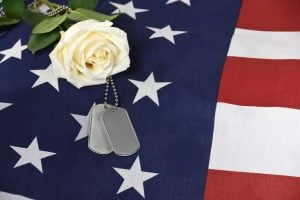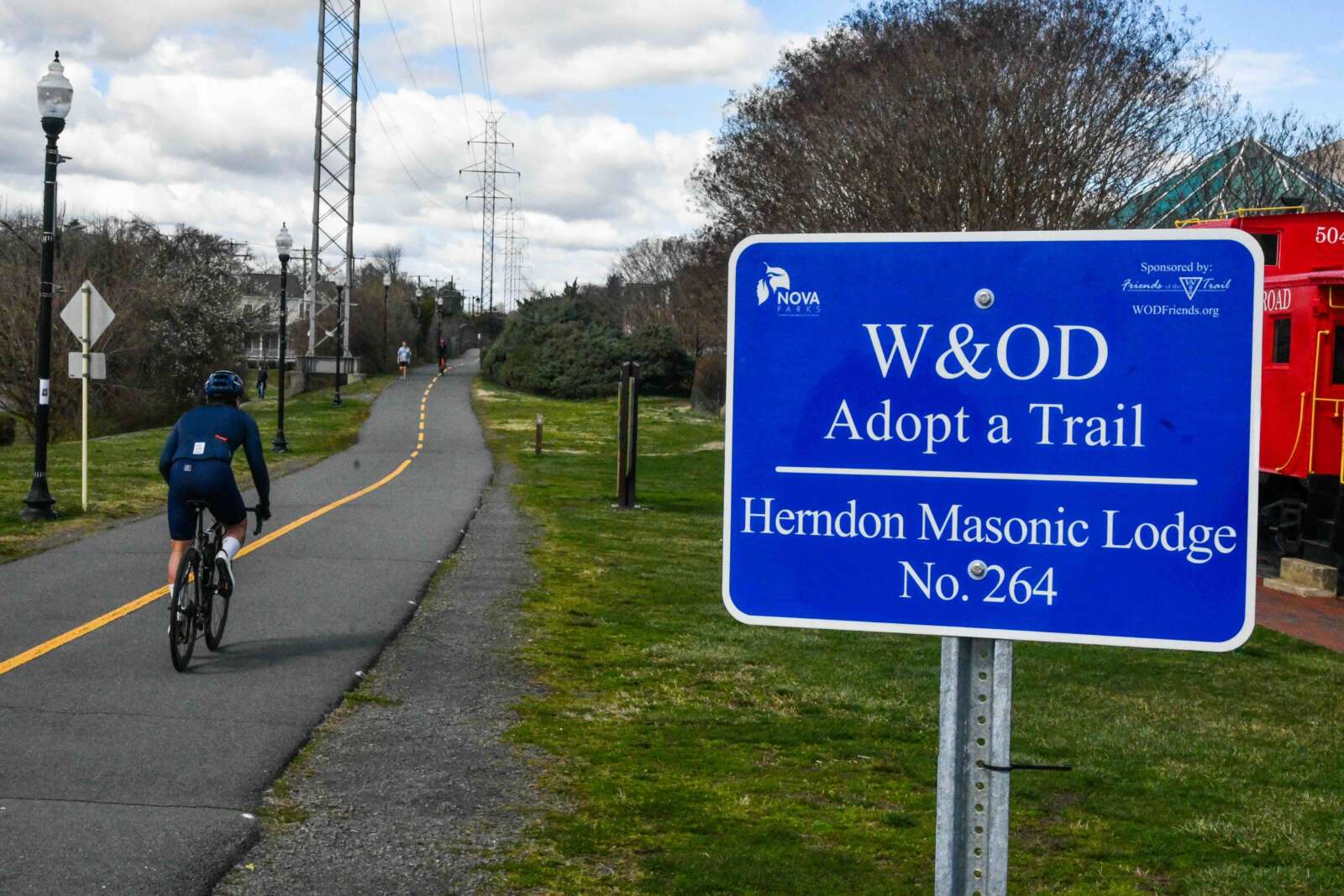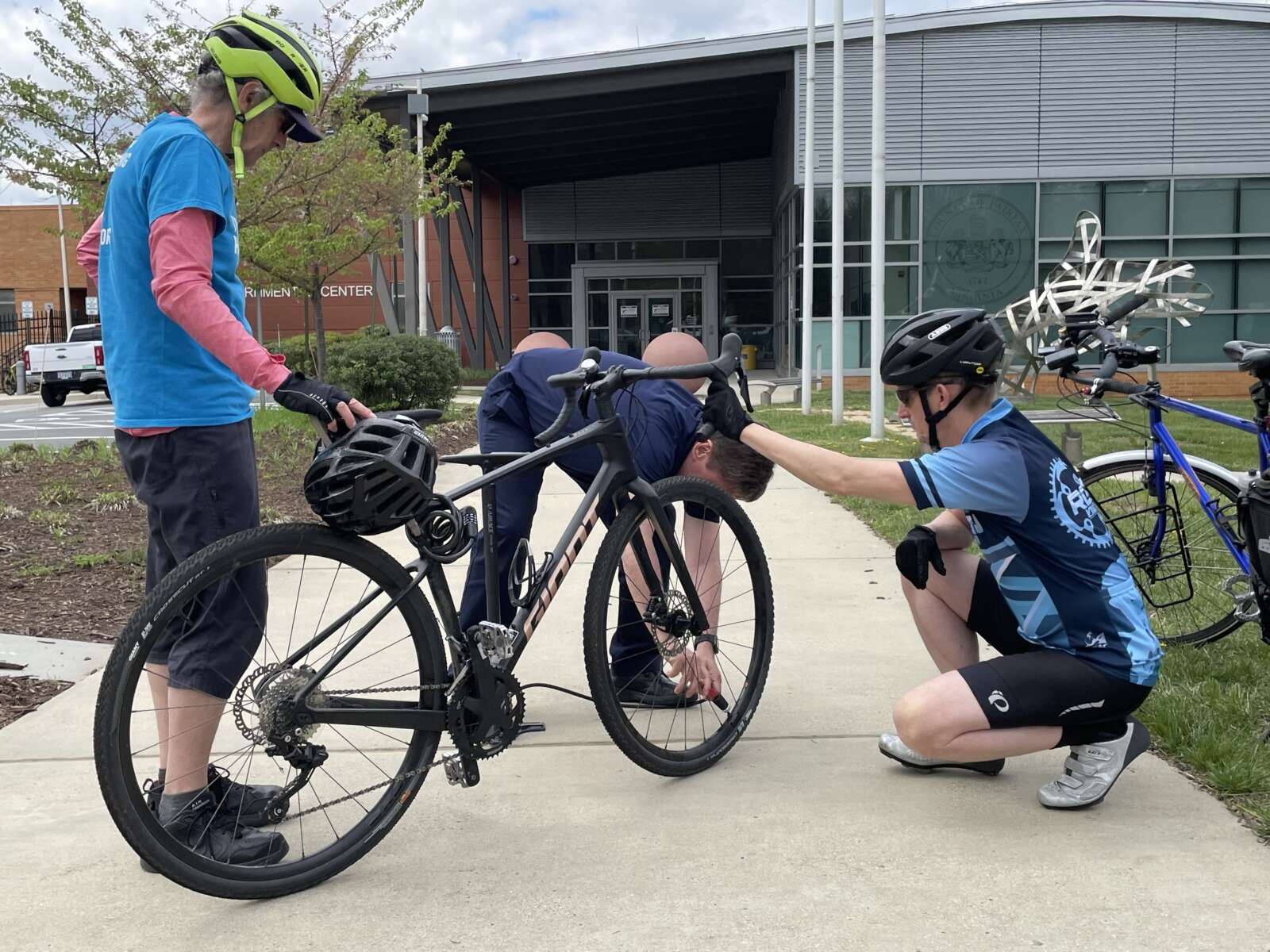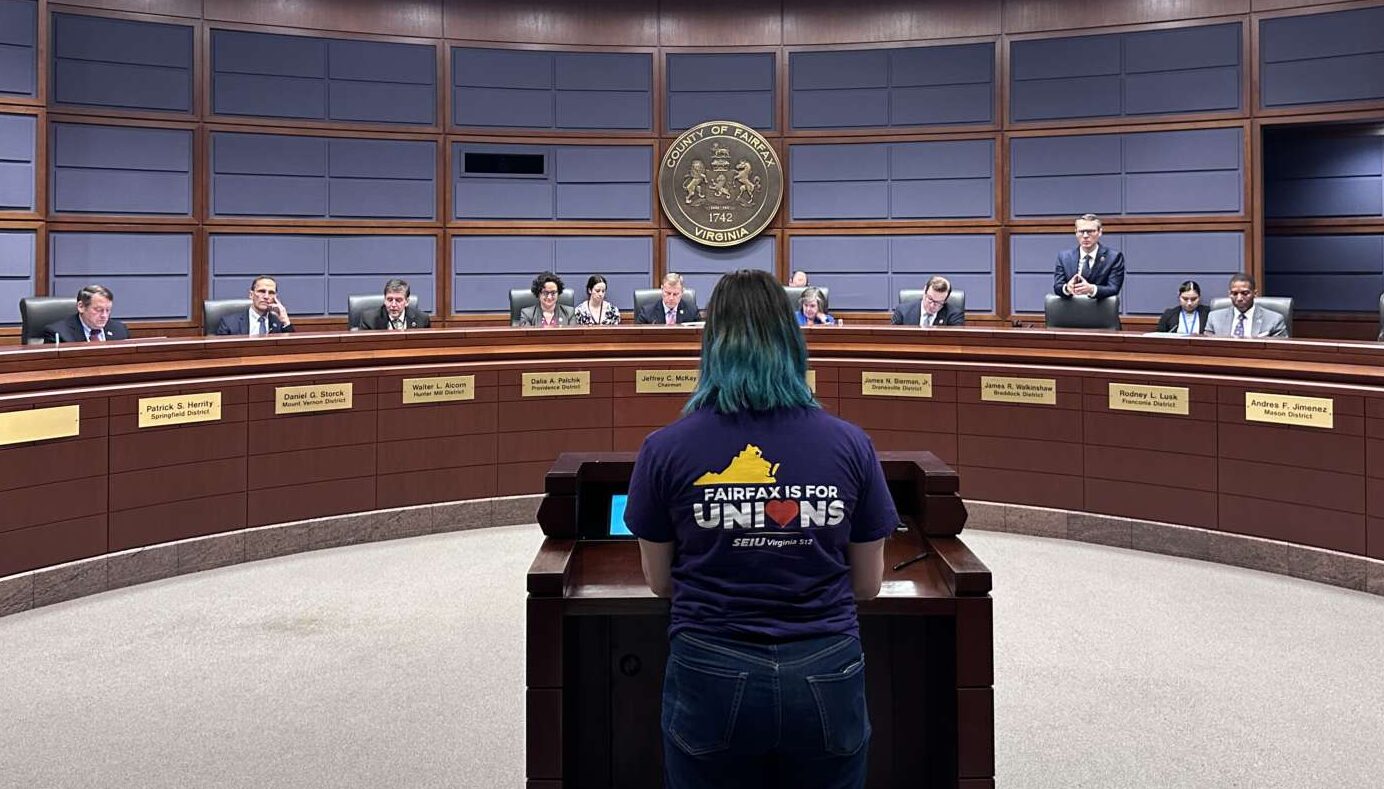 Parabon® NanoLabs (Parabon), a Reston-based company, is looking for families to participate in a research study sponsored by the U.S. Department of Defense (DoD).
Parabon® NanoLabs (Parabon), a Reston-based company, is looking for families to participate in a research study sponsored by the U.S. Department of Defense (DoD).
In the study, DNA samples from distant relatives will be analyzed to develop innovative kinship and ancestry algorithms and associated laboratory methods to extend familial matching beyond current capabilities.
Traditional DNA methods only allow remains to be identified if DNA from closely related family members is available. Many unidentified Service members, however, do not have living family members who are closely related. This study aims to increase the genetic distance over which kinship can be accurately inferred.
 The enhancements made possible by this research will assist in the identification of the toughest missing personnel cases by “matching” DNA from distant relatives to that of deceased Service members, including those from long past conflicts, such as World War II.
The enhancements made possible by this research will assist in the identification of the toughest missing personnel cases by “matching” DNA from distant relatives to that of deceased Service members, including those from long past conflicts, such as World War II.
“This cause is personal to us at Parabon. Like many families in America, some of us at the company have loved ones who went missing in action. This study will help us make technological advances that will one day reunite fathers, sons, brothers and uncles with their families. We need volunteers from extended families to make this research possible,” said Paula Armentrout, vice president of Parabon NanoLabs.
Parabon seeks to enroll 50-100 extended families (5 to 10 volunteers per family) to participate in the study. Participating families do not need to have a direct relation to an M.I.A. soldier in order to qualify. Volunteers for the study will simply supply a sample of DNA from a mouth swab and answer questions about their family tree. In return for participation, each volunteer will receive a custom DNA ancestry report and a small stipend. There is no cost to participate.
Those interested in participating in the study can sign up online to be considered.
“Our ideal study participants are all related by blood and come from an extended family network that includes a wide variety of distant relatives, such as second cousins, great-uncles, and grandchildren,” said Ellen Greytak, PhD, Principal Investigator of the study. “We will study the similarity of their DNA and use the knowledge gained to improve our kinship inference methods.”
The Office of the Deputy Assistant Secretary of Defense for Emerging Capability & Prototyping is funding this research to help support the Department’s Personnel Accounting mission.





